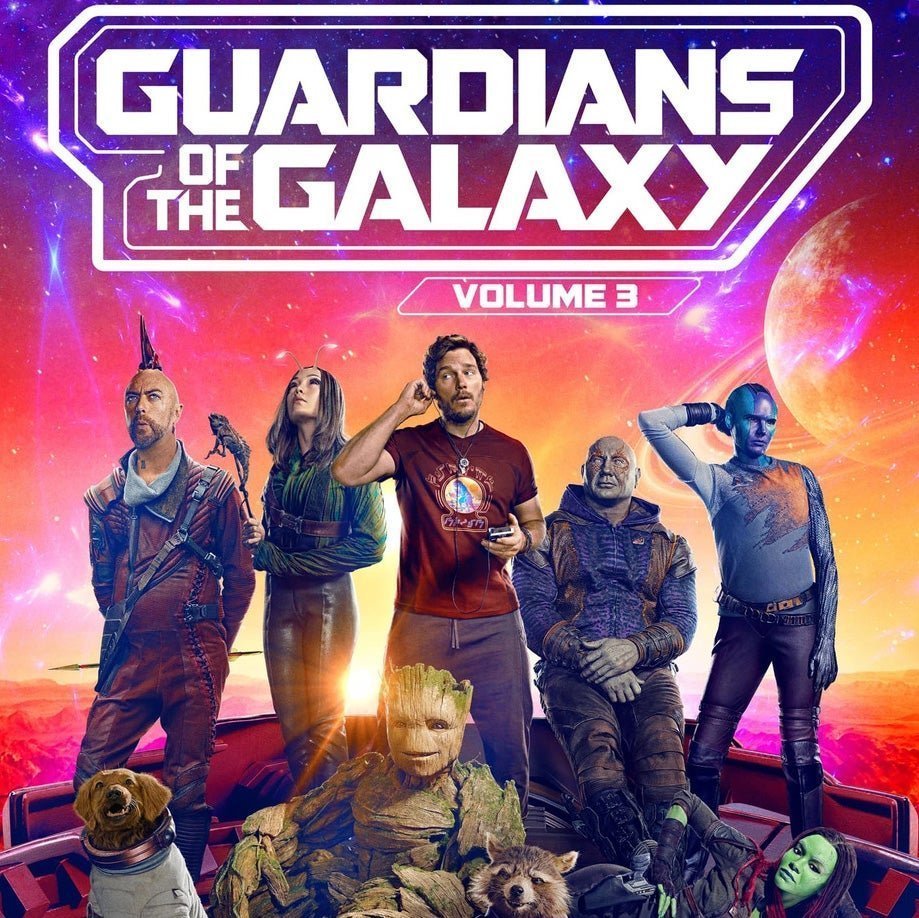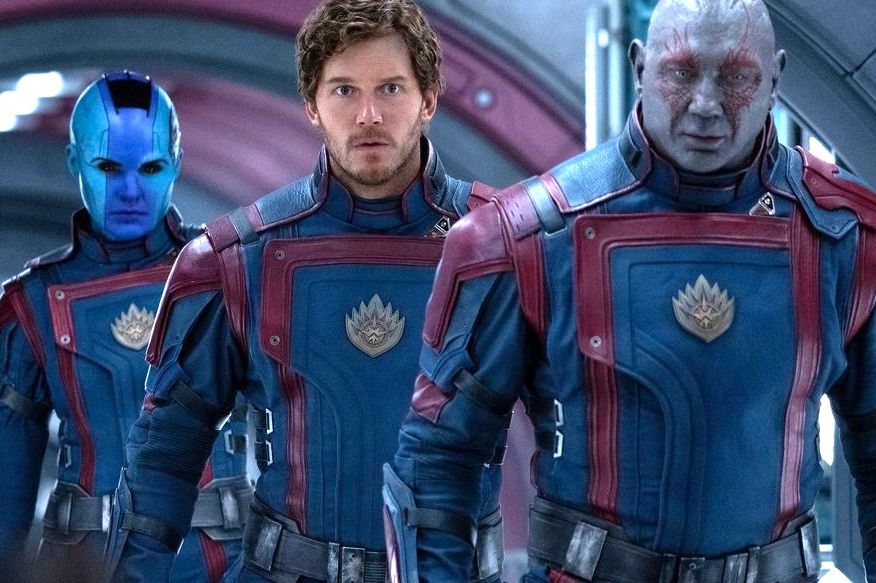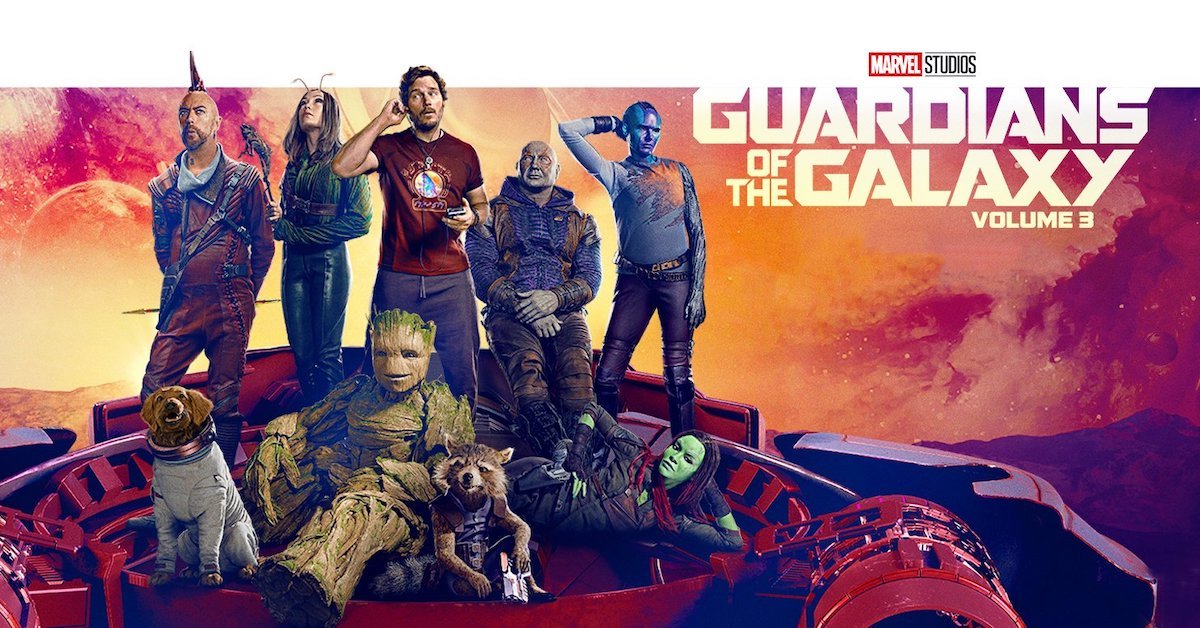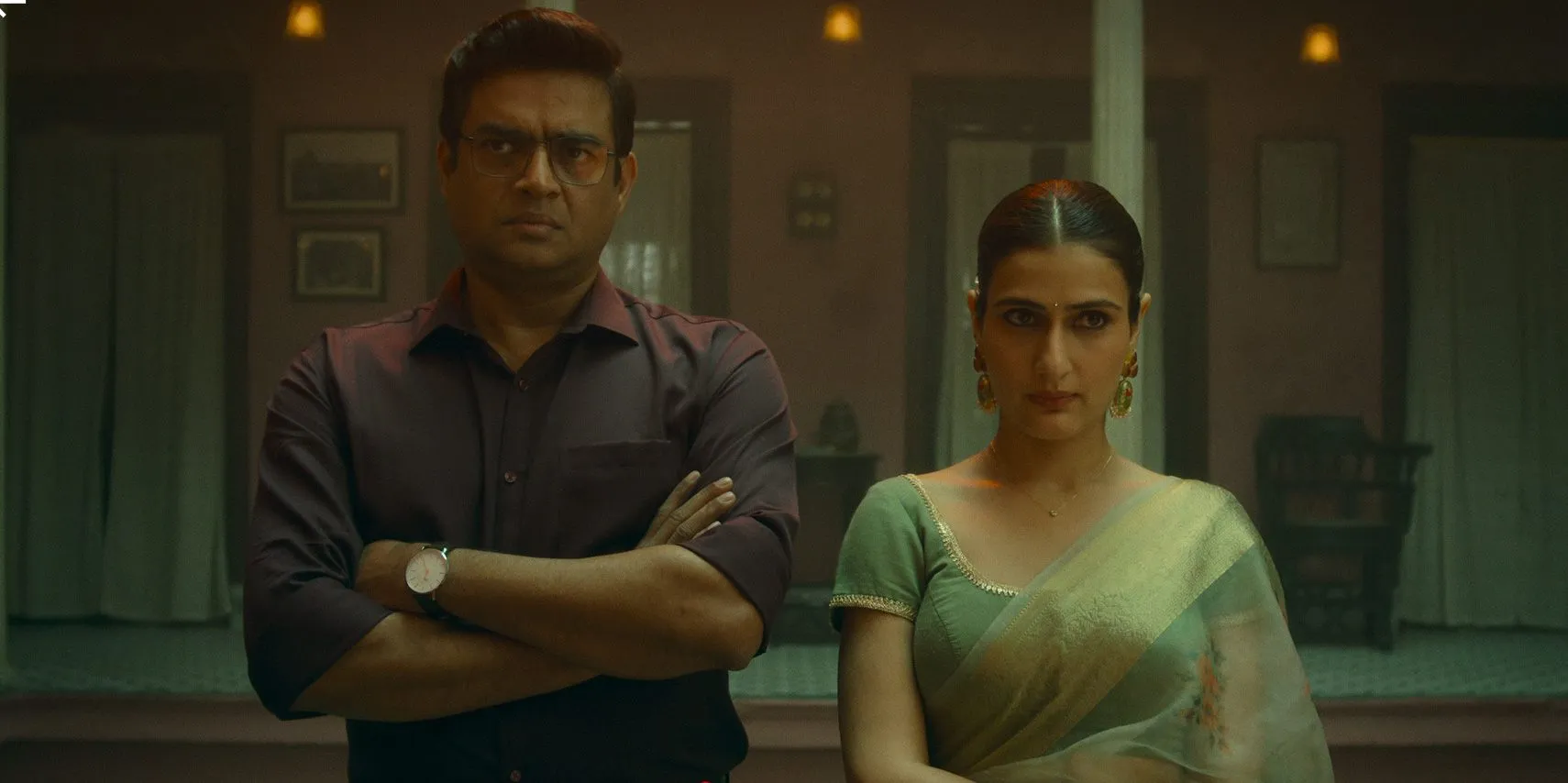Even though Marvel’s Guardians of the Galaxy Vol. 3 is more about Rocket’s heartbreaking story than it’s about anyone else at all, it warrants a look at the way Marvel has treated its female characters so far. In terms of inclusive characters, Marvel is taking slow steps through mere optics – America Chavez wore a pride pin in Multiverse of Madness, Eternals had a gay kiss which received outrage, and Guardians Of the Galaxy Vol. 3 introduced a new queer character – Phyla-Vell, albeit in the post-credits scenes, and it’s Christmas special was also set briefly inside a gay bar.
Marvel’s unrewarding narratives of female superheroes
Marvel has a troubled history in terms of representation of female characters as the few prominent female characters of their Avengers saga were killed off. The Mighty Thor in Thor: Love and Thunder portrayed by Natalie Portman was a lacklustre way to kill off yet another female superhero. Only Captain Marvel with a masculine story arc will be leading multiple movies while Nebula and others had minimal screen time. And Black Widow’s (even though she’s been fridged) standalone movie had pay disparity troubles including a lawsuit.
Also Read: Ms Marvel: Why A Pakistani Superhero Is So Special To South-Asian Representation
Wanda had Wandavision, a show that explored grief but then Doctor Strange in the Multiverse of Madness reversed all that and reduced Wanda to a mad mother who’s hell-bent on blood and carnage (fans of Game of Thrones will find this familiar with Daenerys’ arc).

A rare anomaly is perhaps Shuri, who is leading the MCU’s helm of Black Panther, although under unavoidable circumstances. As per Marvel, they are following less on the ‘damsel in distress’ narrative and opting for the ‘powerful woman’ one. Yet, things are fragile with the male fans who cry over Chris Pratt not getting the girl even after saving the universe thrice.
What guardians does differently
In all these narratives of female superheroes, the main trope that has been followed is female superheroes being heroic in only one sense – they sacrifice everything for the greater good. Overall, having feminist depictions of characters in a genre solely defining power through masculinity is a tough nut to crack. Feminist depictions of female superheroes have largely failed in the mainstream superhero genre as we question where the limitation of the formulaic superhero movies can be pushed.
Guardians of the Galaxy in its main three movie run has been pretty consistent with portraying mature themes among female characters with unmissable critiques. Having a feminist superhero character would require initially some subversion of the usual stereotypes and gender roles that are present in the genre. Unfortunately, the idea of being a ‘superhero’ is rooted in masculinity where one has to become the saviour and ensure the safety of others.

Guardians of the Galaxy Vol. 3 deals with that in three significant ways – one is having Rocket’s story at the helm which is about larger questions on life, technology, and friendship/chosen family as Rocket’s story is indeed the most humane moment of the MCU, grounded in heart-wrenching love, friendship and loss as the guardians are on their way to save their friend. The second is the nuances of sisterhood, and the last is situated within not forcing a romantic plot between two people who are not ready aka ‘the guy doesn’t get the girl’.
The complex sisterhood between Gamora and Nebula
Gamora and Nebula shared the same father and were at odds with each other during the timeline of the Avengers saga. Gamora’s arc has centred on escaping Thanos and his abuse also realising they’re both victims of Thanos’ torture. Gamora’s sudden end to provide character points of empathy to Thanos was an underutilisation of MCU’s most interesting female character as the dynamics between Gamora and Nebula end right there.
Vol. 2 had a fantastic scene between the two sisters where they fight each other to death only to realize at their cores, they are both healing from their shared past. When Nebula says, “You’re the one who wanted to win and I just wanted a sister,” it was an MCU at its most earnest. Vol. 3 has no such scene that matches the emotional intensity of their flawed sisterhood or any scene that sings along the lines of the hairband exchange in Birds of Prey.
Also Read: The Marvelous Mrs. Maisel Season 4 Is Refreshing, But It Compromises Intersectionality
On the other hand, they both have a shared understanding of their new sisterhood, which is heartwarming but also feels underutilised. In the end, Nebula does have the sister she wanted all along. Unfortunately, the rest of the MCU is still embedded in its old ways as it’s clearly visible with Mantis being treated as a submissive Asian female character. Even Mantis’ traumatic childhood isn’t paid the same attention by both the director and other characters in the movie, reducing Mantis (and her abuse) to the butt of the joke.
The mature dynamics of an immature romantic plot in the Guardians of the Galaxy
Another dynamic is between Gamora and Star Lord, as the latter is still infatuated with the former even though she’s not the same Gamora. In what probably is the only instance in Marvel, the romance between Gamora and Star Lord is not forced and Gamora has the agency to make a choice for herself. Though it’s annoying to see Star Lord being intrusive which is supported by a comic tone; all considerations in, this is a massive departure from the usual MCU trope where female co-leads or superheroes are just supporting characters.
It’s also refreshing that similar to Vol. 2, Vol. 3 also critiques Peter’s immaturity as the male lead’s immaturity is always played as a funky part of the charm. When in reality, it impacts relationship dynamics, especially for someone like Gamora who has built walls around her. She isn’t ready to take them down yet and Peter being a lovable, immature, manchild won’t help it either. Lindsay Ellis has described both of them as radioactive spike balls of defence mechanisms.
When Peter and Gamora don’t get along at the end of Vol. 2, Ellis described it as, “...some that didn’t find Guardians Vol. 2 narratively satisfying because rather than rewarding Chris Pratt’s egotism and immaturity with his hypercompetent female co-star as a reward, instead, the film paints Peter’s narcissism, misogyny, and character flaws as an obstacle to being in a relationship,” which in all honesty, defies all the odds that the genre struggles with so badly. This theme extends to the closure of Vol. 3 as well since Gamora recognizes that she might have had something with Peter in another universe but she’s not that Gamora, and both of them acknowledge the difference. The misfire is the suggestion of Nebula becoming more like Gamora, hence, Peter should pursue her.
Pay disparity and behind the scenes troubles
Even though Guardians of the Galaxy Vol. 3 leads an ensemble cast, Chris Pratt was paid much higher than his fellow co-stars Joe Saldaña, Karen Gillan and Pom Klementieff. When Guardians of the Galaxy Vol. 3 just crossed $300 Million Global Gross, as per reports, Pratt was paid higher than the salaries of the three female co-stars combined.
Furthermore, the director James Gunn was previously fired from Disney over his controversial statements on sexual violence, paedophilia and HIV/AIDS. Although he was reinstated later to direct the holiday special and the last part of the trilogy, the tweets also question the power and position of white men directing female superheroes, as since the inception of comics, female characters have been overtly sexualised and reduced to a stereotype.
Also Read: Kamala Khan A.K.A Ms. Marvel—A Step Towards An Inclusive Comic World?
Keeping this aside, Guardians of the Galaxy Vol. 3 is a refreshing entry into the unending Marvel Cinematic Universe with deeper narratives of sisterhood, a romantic plot that’s not forced and an emphasis on chosen family. Unfortunately, these much-needed narrative changes to female superheroes are limited to the microcosm of space that James Gunn can intervene with. The only glimmer of hope lies with the upcoming The Marvels as Ms. Marvel definitely hit the right chords for a female superhero. It only remains to be seen how much of these will translate to the broader narrative in the MCU.




